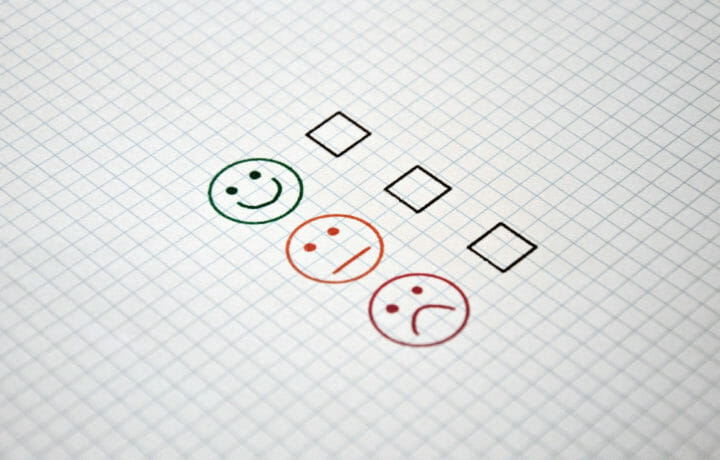Many of us spend just as much time during the workweek with our coworkers as we do with our family members and friends. While it’s important that you can do your job well, it’s just as important that you understand – and adhere to – the unspoken rules of your workplace.
Every workplace is a little bit different. Some are more casual, while others are a bit more uptight. But no matter where you work, your workplace has etiquette rules. However, they may not always be spelled out in the employee handbook. While many of these rules are common sense, others may not be as obvious.
Think you have a good grasp on workplace etiquette? Take our quiz to find out!
Communications
Communication encompasses more than just what we say. Emails, phone calls, and even our non-verbal communication can impact our coworkers – and our careers.
Keeping your emails brief and to the point and using a professional tone can help make sure you don’t say something you’ll regret later. Most workplaces have email records that can be accessed when needed, so sending something inappropriate, even to an email address outside of your work, isn’t a great choice. And do everyone a favor and make sure that you actually need to “reply to all” rather than just replying to the person who sent the original email.
Being a professional also means thinking of how others are experiencing you as you attempt to do your job. Don’t use speakerphone when others are in earshot, and try to limit your personal phone calls and tasks as much as possible. Greet other people with a smile when you’re walking in the hallways, too.
Dress Code
You may or may not agree with your employer’s dress code, but sticking to it ensures you avoid disciplinary measures or even being fired.
Dress codes can sometimes be confusing or less than clear. If you’re not sure your outfit meets your work’s “business casual” dress code, pick something else. You could even dress slightly more dressy than the dress code. It doesn’t hurt to ask if your outfit is okay, but repeatedly violating the dress code, especially after being warned, can cause you to lose your job. And even if it doesn’t, it can prevent you from getting the promotion you’ve been eyeing.
Professionalism
Almost all the workplace etiquette rules can be summed up in two words: act professionally. When you’re interacting with coworkers, treat them like you’d like to be treated. This means no loud speakerphone calls, no snide comments, and no snarky emails. Be on time for meetings, don’t microwave fish for lunch in the breakroom, and don’t take solo credit for projects that were a team effort.
Workplace etiquette isn’t about killing your individuality. Instead, it’s about making sure the workplace environment is respectful and productive. Good workplace etiquette increases your value as an employee and as a coworker, and using it will only benefit your care.




